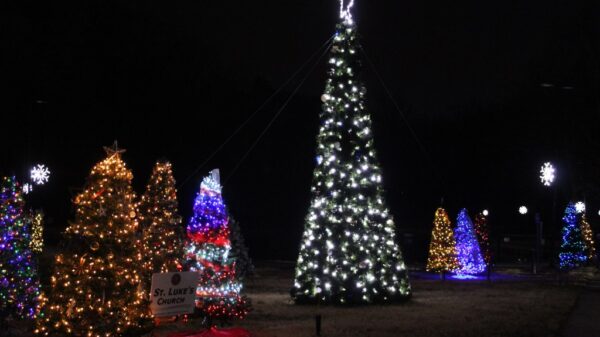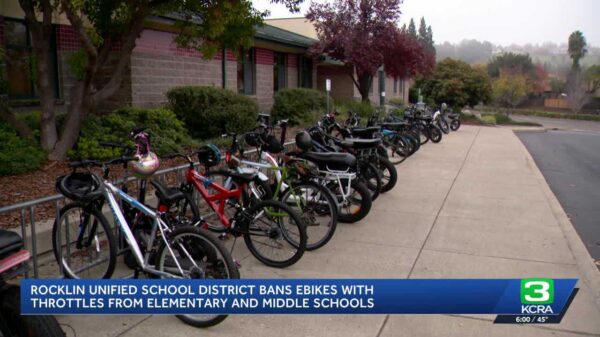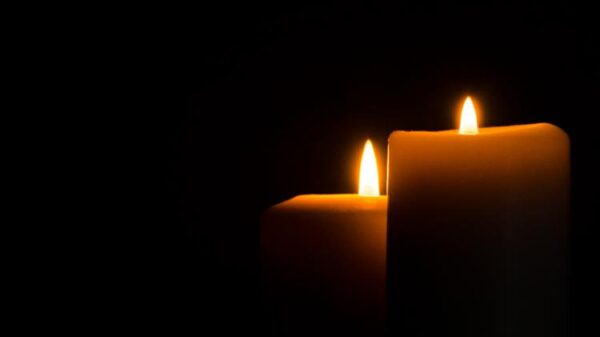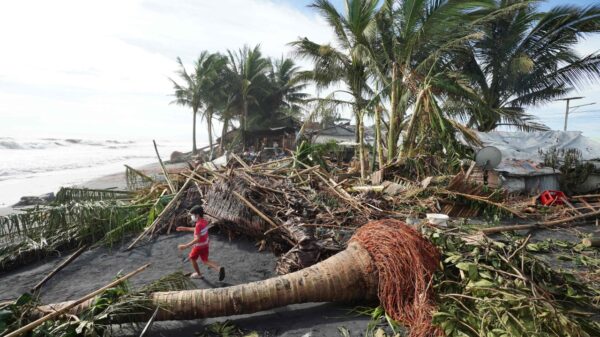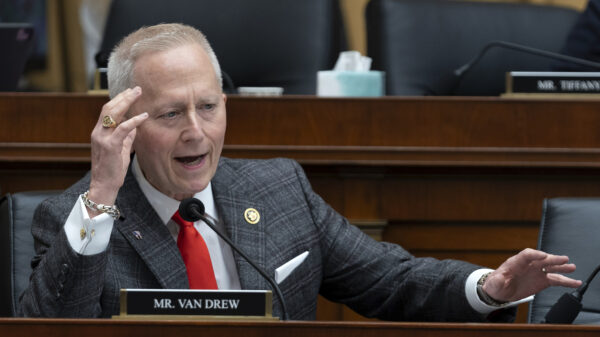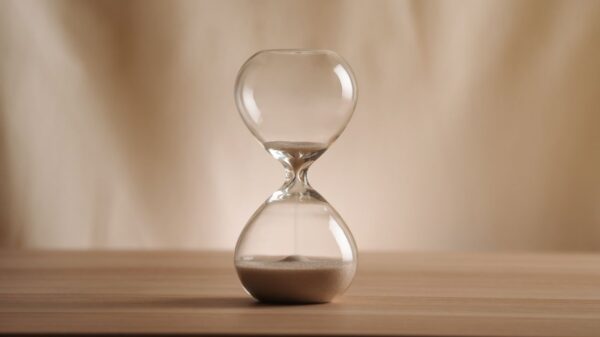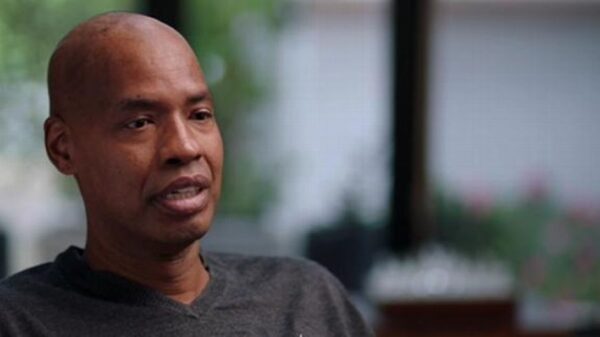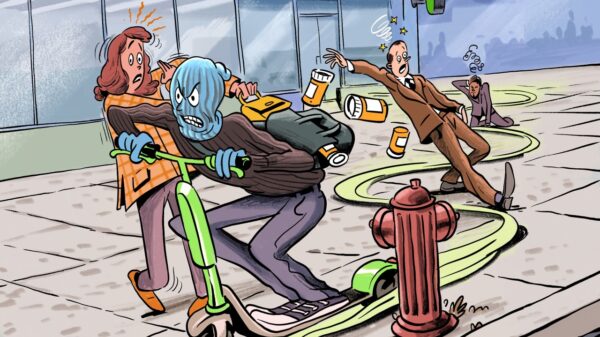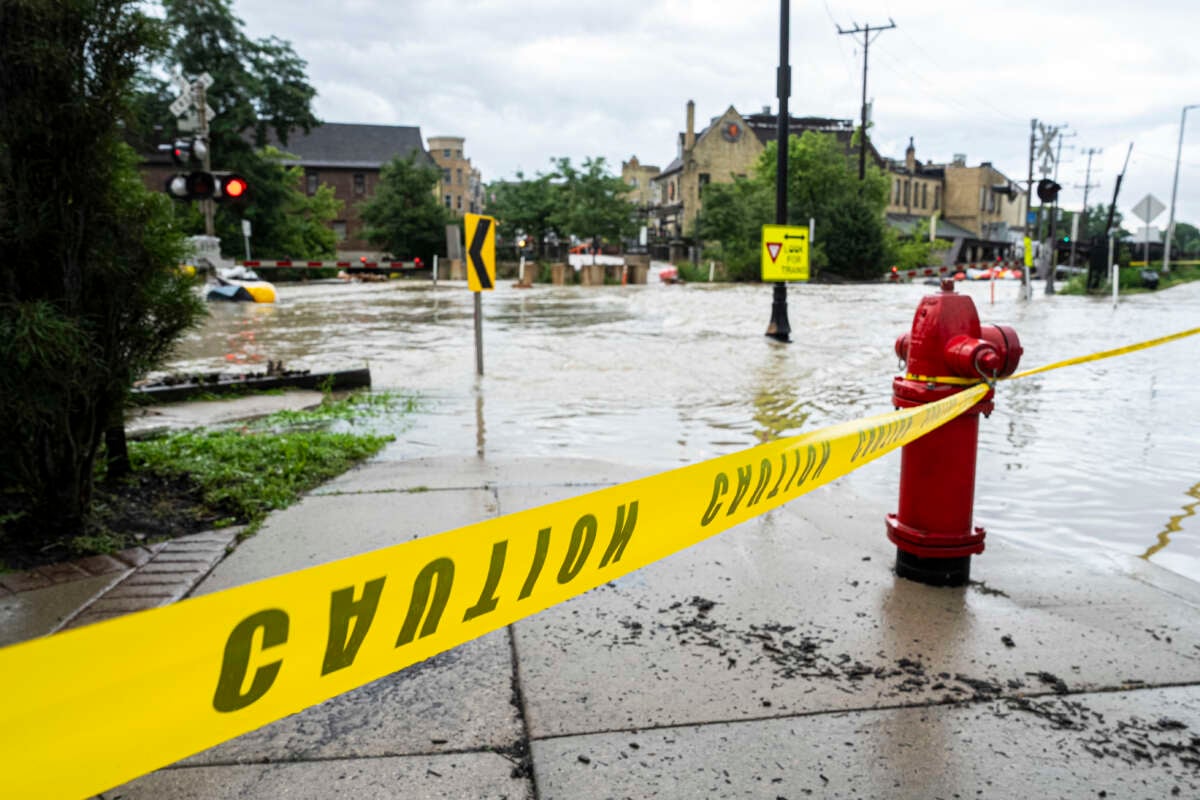BREAKING NEWS: More than a dozen youth from Wisconsin, including Indigenous children, have filed a groundbreaking lawsuit against the state’s utility regulator, demanding urgent action on climate change. This legal action follows a devastating storm on August 9-10, which inundated southeastern Wisconsin with up to 13 inches of rain, destroying over 1,800 homes in Milwaukee.
This catastrophic weather event, described as a 1,000-year flood, underscores the critical need for the state to reassess its fossil fuel policies. The lawsuit alleges that Wisconsin’s Public Service Commission has failed to consider climate change impacts when permitting new energy projects, violating the constitutional rights of these young plaintiffs to life and liberty.
Among the plaintiffs is 12-year-old Miahlin B., known by her tribal name Waazakone, who emphasizes the erosion of her community’s traditional practices due to climate change. Waazakone, alongside her siblings, highlights the challenges faced by their community, including the decline of wild rice harvesting and shrinking fish populations as warming waters disrupt their way of life. “We need the government to understand that clean water and air is a human right,” she stated, embodying the urgent call for change.
Currently, a Wisconsin law restricts the Public Service Commission from considering air pollution and carbon emissions during the permitting process for new fossil fuel projects. This means that approximately 75 percent of the state’s electricity still relies on fossil fuels, significantly lagging behind more sustainable states like South Dakota.
The youth are represented by Midwest Environmental Advocates and Our Children’s Trust, organizations known for their commitment to climate justice. Their recent victories include a landmark Supreme Court ruling in Montana affirming youth’s constitutional right to a clean environment, a precedent that the Wisconsin plaintiffs aim to establish as well.
“Our electricity sector continues to be a major source of greenhouse gas emissions in Wisconsin,” said Nate Bellinger, an attorney with Our Children’s Trust. He noted that while Wisconsin lacks fossil fuel extraction like Montana, the state’s reliance on fossil fuels remains alarming in the context of climate crisis.
Wisconsin Democrats attempted to introduce constitutional amendments earlier this year to bolster environmental rights, but those efforts fell short. The youth plaintiffs’ legal strategy argues for a stable climate as essential to securing their rights to life, liberty, and the pursuit of happiness.
As state leaders confront escalating flood recovery costs and seek federal assistance, Waazakone’s lawsuit aims to compel them to take climate change seriously. “You cannot allow businesses and people to continue to erode our futures,” she declared, underscoring the emotional weight of this battle for her community.
This lawsuit represents a growing movement of youth-led climate litigation across the United States, reflecting a pivotal moment in the fight for environmental justice. As awareness of climate change impacts escalates, these young plaintiffs are not only advocating for their rights but also setting a precedent for future generations.
Stay tuned for updates as this urgent case unfolds, potentially reshaping Wisconsin’s approach to climate change and energy policy.


